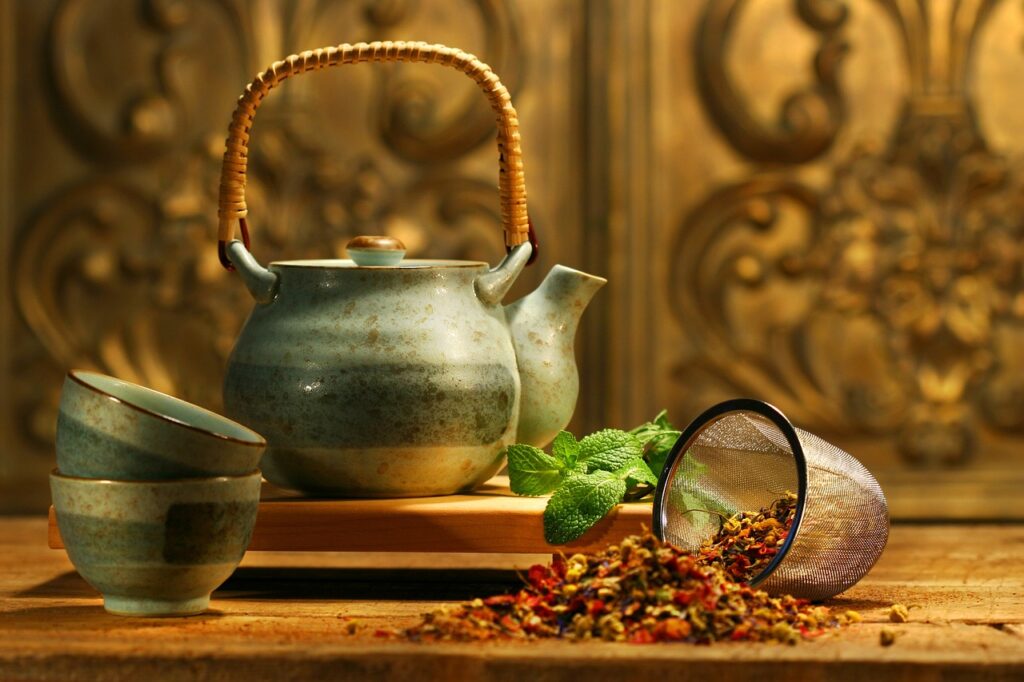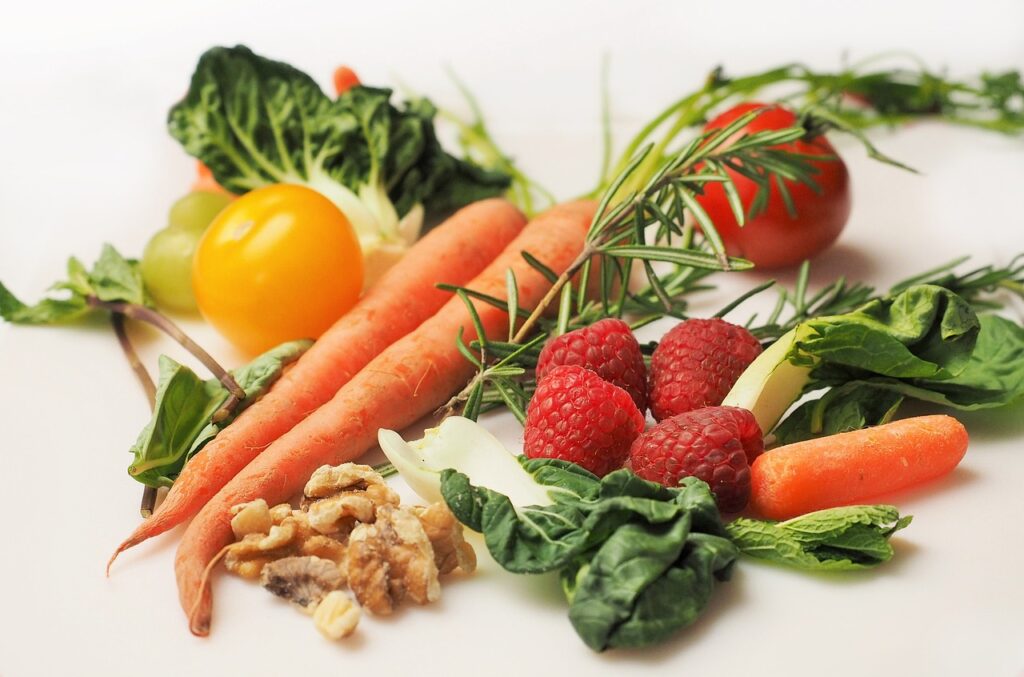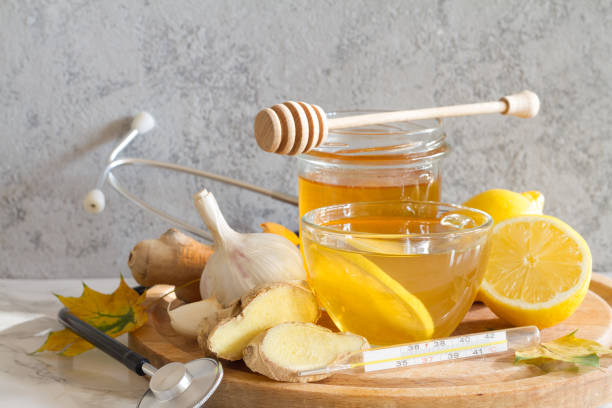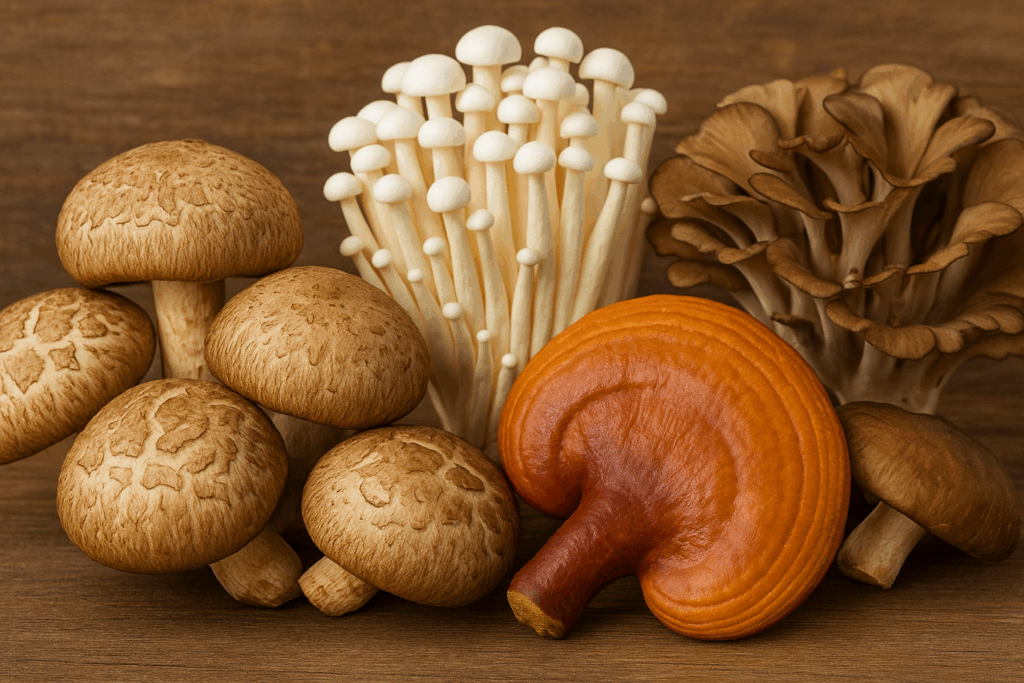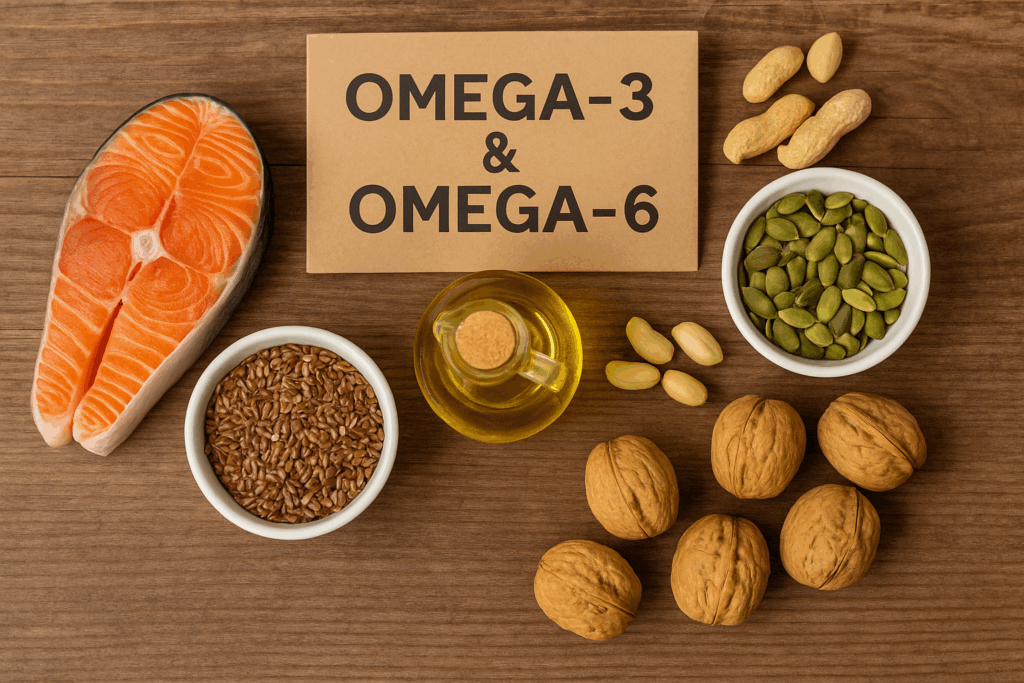When illness strikes, natural remedies like herbal teas can provide soothing relief and aid recovery. Many herbal teas boast anti-inflammatory, antimicrobial, and immune-boosting properties that make them valuable allies in combating illness. Here, we explore some of the best herbal teas for recovery and their scientifically supported benefits.
1. Chamomile Tea
Chamomile is renowned for its calming effects, but it also offers anti-inflammatory and antimicrobial properties. These qualities make it an excellent choice for soothing sore throats, reducing inflammation, and promoting restful sleep, which is vital for recovery (McKay & Blumberg, 2006).
2. Tulsi (Holy Basil) Tea
Tulsi, also known as holy basil, is an adaptogenic herb that helps the body manage stress and improve immune response. Its antimicrobial and anti-inflammatory properties make it effective in reducing respiratory symptoms and supporting overall recovery (Cohen, 2014).
3. Dandelion Root Tea
Dandelion root tea is a natural detoxifier that supports liver function, which is crucial during illness as the body processes toxins. It also contains antioxidants that combat free radicals and promote healing (Chatterjee et al., 2010).
4. Milk Thistle Tea
Milk thistle is another herb that supports liver health, aiding the body’s natural detoxification processes. Its active compound, silymarin, has anti-inflammatory and antioxidant properties that help boost the immune system (Federico et al., 2017).
5. Echinacea Flower Tea
Echinacea is widely used for its immune-boosting properties. Studies suggest it may reduce the duration and severity of colds by enhancing immune function and fighting off pathogens (Shah et al., 2007).
Benefits of Herbal Teas During Recovery
- Hydration: Staying hydrated is critical when recovering from illness, and herbal teas offer a flavorful way to meet fluid needs.
- Anti-inflammatory Effects: Many herbal teas contain compounds that reduce inflammation, easing symptoms like sore throats and congestion.
- Immune Support: Herbs like echinacea and tulsi directly enhance immune function, helping the body fight infections.
- Calming Properties: Herbs such as chamomile and tulsi can reduce stress and promote relaxation, aiding overall recovery.
How to Prepare Herbal Teas for Maximum Benefit
- Use fresh or high-quality dried herbs: This ensures the maximum potency of beneficial compounds.
- Steep properly: Most herbal teas require 5-10 minutes of steeping to extract their full benefits. Cover the cup while steeping to retain volatile oils.
- Add natural enhancers: A touch of honey or a slice of lemon can enhance both flavor and therapeutic effects.
Tips for Incorporating Herbal Teas into Your Routine
- Drink 2-3 cups daily for consistent benefits.
- Rotate different teas to enjoy a variety of health benefits.
- Pair with a healthy diet rich in fruits, vegetables, and whole grains to support overall recovery.
Conclusion
Herbal teas offer a natural, effective way to support recovery during illness. By incorporating teas like chamomile, tulsi, dandelion root, milk thistle, and echinacea into your routine, you can harness their healing properties to reduce symptoms, strengthen your immune system, and promote faster healing. As always, consult with a healthcare professional before starting any new herbal regimen, especially if you have underlying health conditions or are taking medications.
References
- Chatterjee, S., Goswami, N., & Bhatnagar, P. (2010). Biochemical effects of dandelion root extract on oxidative stress in mice. Journal of Medicinal Plants Research, 4(8), 702-705.
- Cohen, M. M. (2014). Tulsi – Ocimum sanctum: A herb for all reasons. Journal of Ayurveda and Integrative Medicine, 5(4), 251-259. https://doi.org/10.4103/0975-9476.146554
- Federico, A., Dallio, M., & Loguercio, C. (2017). Silymarin/silybin and chronic liver disease: A marriage of many years. Molecules, 22(2), 191. https://doi.org/10.3390/molecules22020191
- McKay, D. L., & Blumberg, J. B. (2006). A review of the bioactivity and potential health benefits of chamomile tea. Phytotherapy Research, 20(7), 519-530. https://doi.org/10.1002/ptr.1900
- Shah, S. A., Sander, S., White, C. M., Rinaldi, M., & Coleman, C. I. (2007). Evaluation of echinacea for the prevention and treatment of the common cold: A meta-analysis. The Lancet Infectious Diseases, 7(7), 473-480. https://doi.org/10.1016/S1473-3099(07)70160-3
